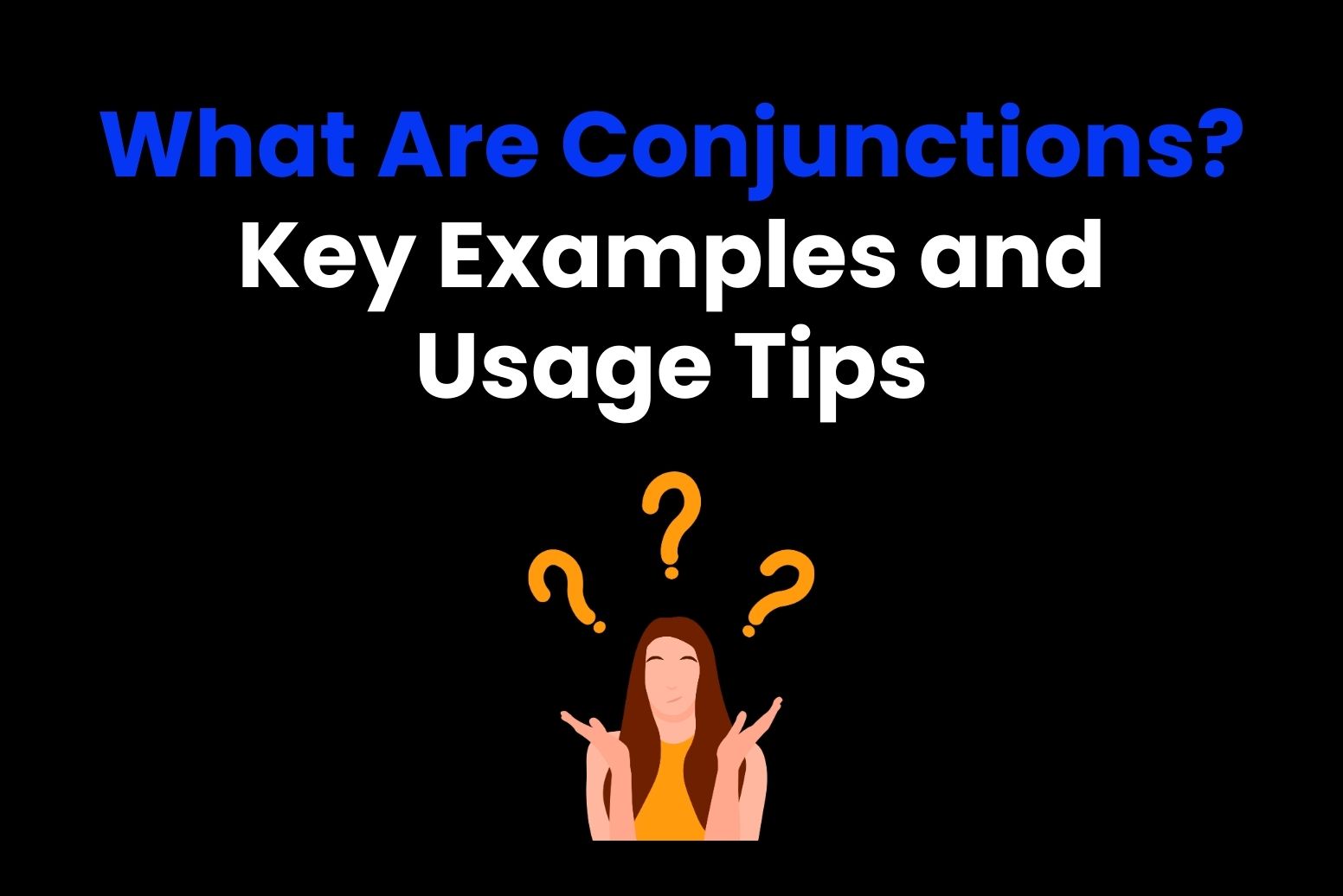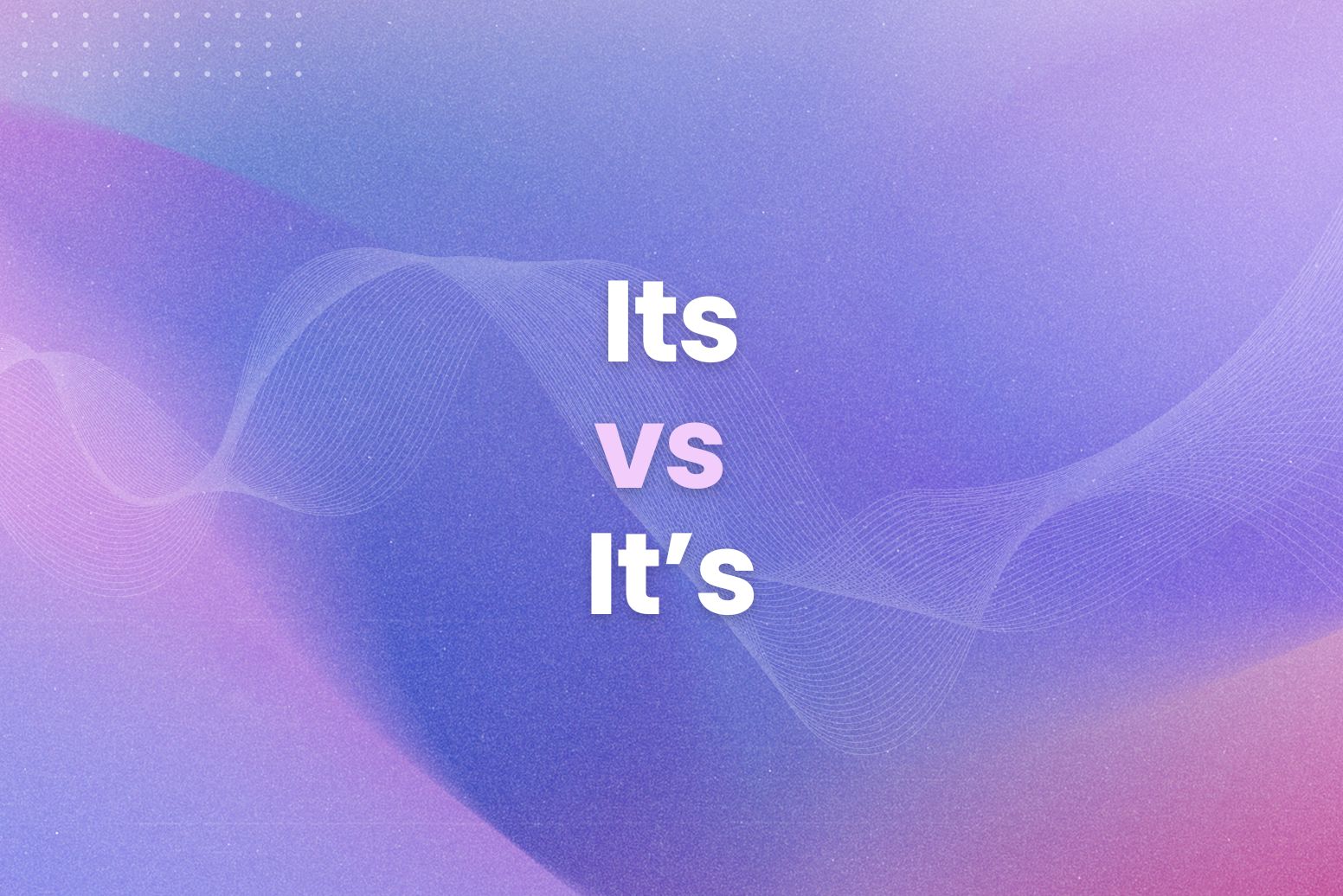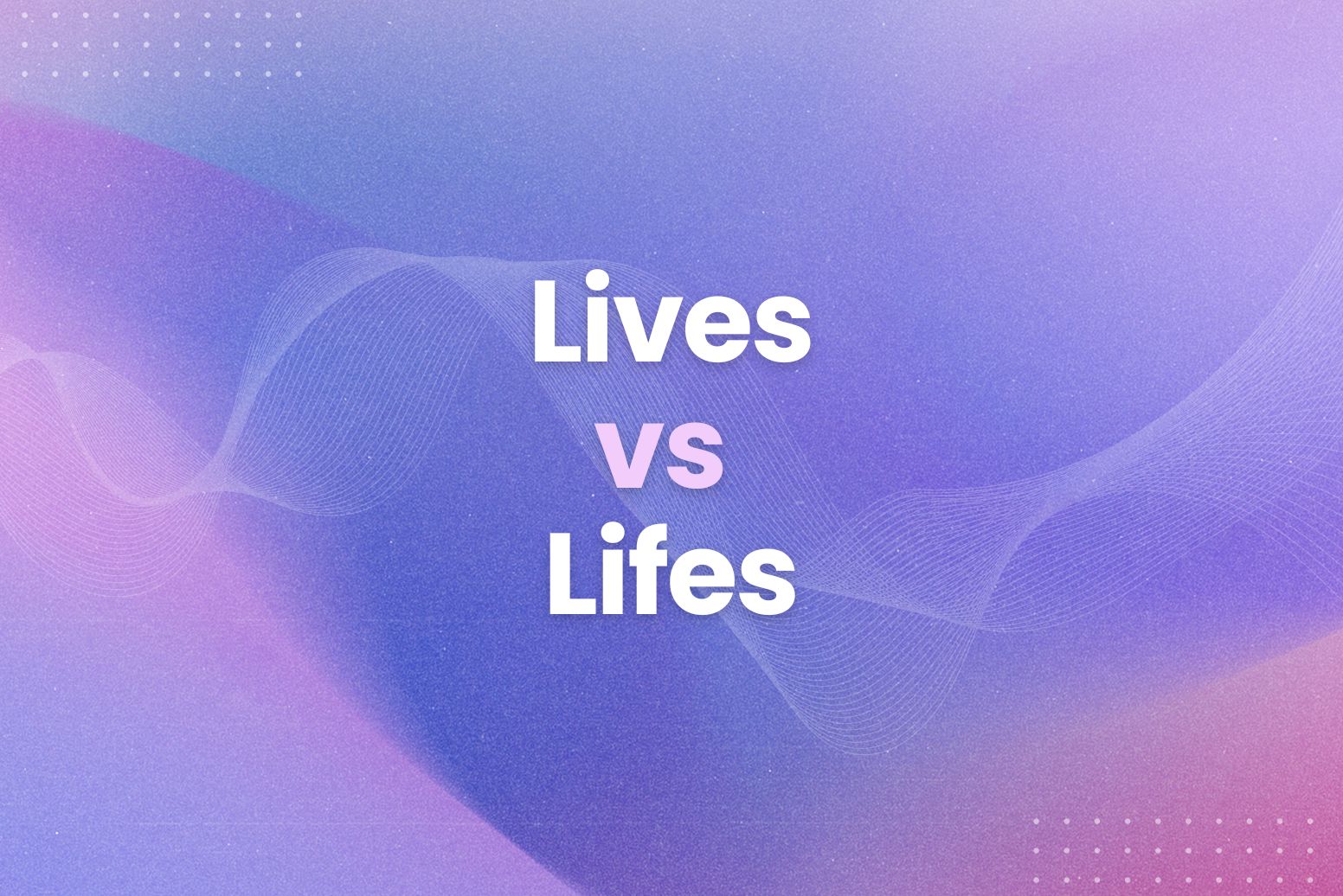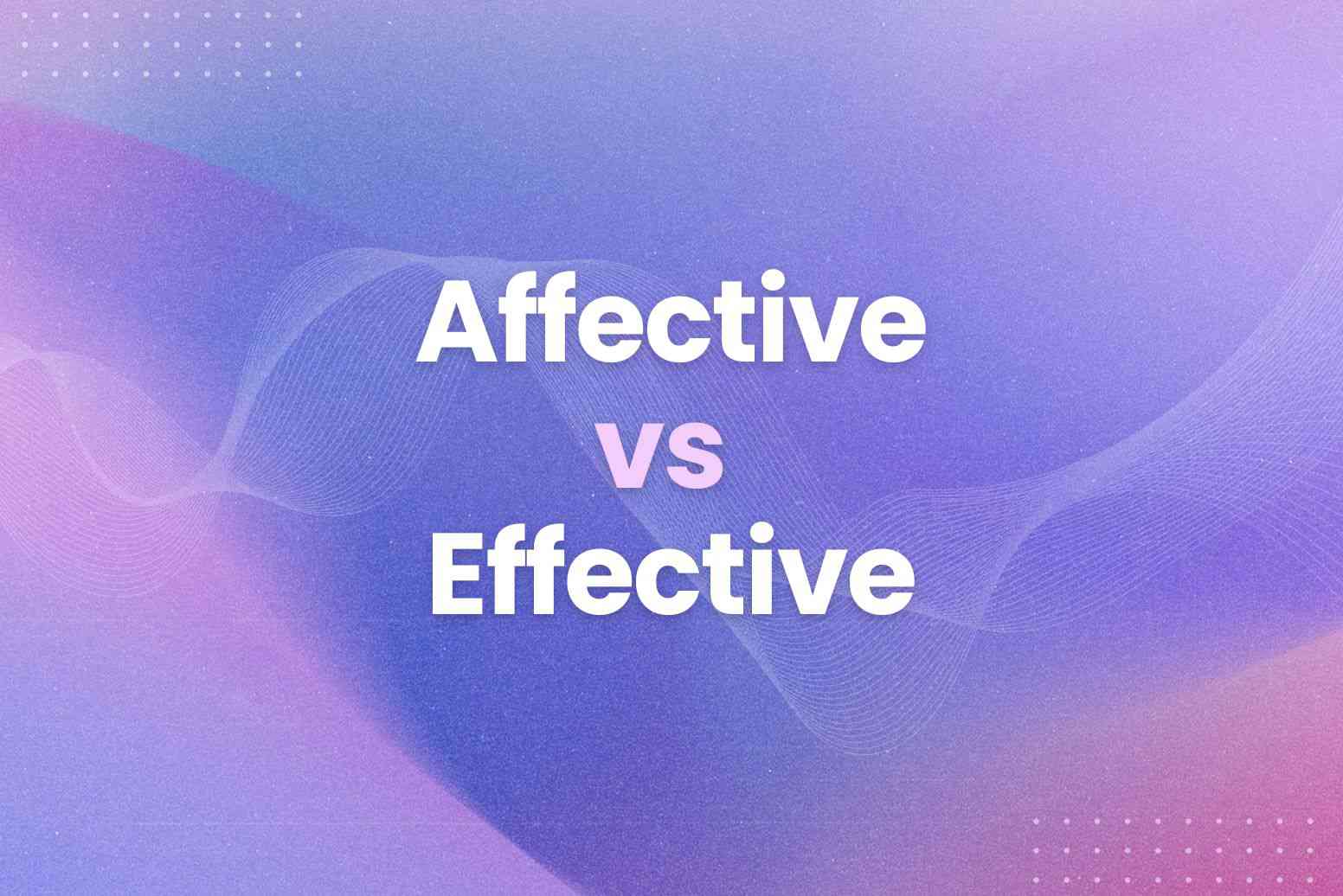You might ask yourself what are conjunctions? and well, they probably don’t sound super exciting. Yet they’re really important if you want your writing to flow well. These little words connect ideas, link sentences, and make everything easier to read. So, what are conjunctions? They’re basically the glue that holds your thoughts together, helping your writing make sense.
Maybe you don’t notice them much, but conjunctions are key to making your ideas feel connected. Without them, your sentences can feel choppy or random. Think of them like prepositions—they quietly do the hard work of making everything flow better.
So, here we’ll explain the different types of conjunctions and share some examples!
What are conjunctions and why are they important?
Now… you’ve probably seen words such as: like and, but, or because that help your sentences flow smoothly. Well, those are conjunctions. As a result, without them, it would be hard to connect ideas and for people to follow your text.
Let’s think about what happens if you don’t use conjunctions.
Your sentences would feel short and choppy. Take this: “I went to the store. I bought milk.” It works, but it sounds a bit stiff. Now, add “and,” and the sentence sounds much better: “I went to the store and bought milk.” That tiny word connects the two ideas, making everything flow naturally.
Conjunctions are bridges that link your thoughts. Thus, what they do is to help show relationships between ideas. Those could be contrast, cause and effect and addition. Here is a proof… Imagine you say something like, “I was tired, so I went to bed early,”. That way you’re using the conjunction “so” that explains why you went to bed.
And if you think about it, without them people might not understand the connection between being tired and going to sleep.
In the end, conjunctions are what make your writing clear and easy to understand. Ultimately, they keep your sentences from sounding awkward or disconnected.
Different types of conjunctions
So, there are three main types of conjunctions, and each one plays a different role in making your sentences flow smoothly and sound more organized. Then, let’s get into these types and see how they work:
Coordinating conjunctions
These conjunctions are probably the ones you use the most, and for good reason. Keep in mind that these words join sentences together that might not have anything in common in the first place. Yet when you use them, the sentence flows better. And you’ve definitely heard the usual suspects:
- And
- But
- For
- Nor
- Or
- So
- Yet
For example, take a look at this sentence: “I wanted to watch a movie at the cinema, but it’s super late” Now… here the word “but” is doing its job perfectly, since it links two completely opposite actions.
Now, consider this one: “She studied hard and passed the exam.” Well, in this case, “and” is connecting the effort with the result.
Subordinating conjunctions
Okay when talking about these types of conjunctions we can say that they’re the ones that connect parts of a sentence. Especially when one part can’t stand on its own.
For instance, they’re important because they show how different ideas in a sentence are related. This is true no matter if it’s to explain why something happened, set a condition, or highlight a contrast.
Honestly, you’ve probably used words like:
- Because
- Although
- If
- Since
- Unless
- While
All the time without even thinking about it.
For example, let’s break it down: “She went home because she wasn’t feeling well.” Here, “because” explains why she went home.
So, it connects the reason (she wasn’t feeling well) to the action (she went home), then everything makes sense. Pretty straightforward, right?
Now, take this one: “I’ll go for a walk if the weather clears up.” What we can see is that, “if” is setting a condition. And it’s like saying “if the weather is good, then I’ll go walking”.
Correlative conjunctions
Correlative conjunctions work in pairs, connecting elements that are of equal importance within a sentence. These conjunctions help highlight a relationship or choice between two items, ensuring that each part is given equal weight.
To name a few, some correlative conjunctions include:
- Neither… or.
- Either… or.
- Not only but also.
And one example of this could be: “You can either take the bus or walk to school.” The conjunction pair “either…or” presents two options that are equally possible.
Common mistakes to avoid when using conjunctions
Keep in mind that if you’ve ever struggled with your writing feeling choppy it might be because you’re not using conjunctions the right way. So, let’s go over some common mistakes:
1. Overusing simple conjunctions
To start with, a super common mistake many writers make is to use too many simple conjunctions. As proof of that, these could be “and” or “but”.
And remember, even if these words are important, when you use them too much can get confusing.
To improve this, try using different conjunctions. On the other hands, words like:
- Although
- Because
- Since
- However
- Therefore
Can help add variety and depth to your writing.
2. Incorrect placement of conjunctions
Another mistake that people make is putting conjunctions in the wrong spots. This, will definitely confuse your readers.
As an example, when you start with “but” can feel a bit off if the next sentence doesn’t give enough context. Likewise, using “and” when “but” would make more sense can change the meaning and cause confusion.
3. Overloading sentences with conjunctions
Also, it’s easy to load up a sentence with too many conjunctions. Because linking ideas might seem a good idea and it is, but not that much.
For example, just read this sentence: “I wanted to go to the park but it started raining so I decided to stay home and watch a movie”. Well, that’s… a lot to understand at once.
To avoid this, try breaking up long sentences into smaller parts. Which could be something like: “I wanted to go to the park, but it started raining. So, I decided to stay home and watch a movie”.
4. Sacrificing clarity for conjunctions
Sometimes, writers add conjunctions that don’t really add anything to the sentence or, worse, confuse the reader. If a conjunction doesn’t serve a specific purpose in connecting ideas or improving the flow… just don’t put it.
For instance, don’t say “I went to the store, and because I needed milk,”. Well, that’s a bit of a reach when you can just say: “I went to the store to get milk.” Here, the second version is way clearer and go straight to the point.
5. Ignoring the flow between ideas
Finally, conjunctions give more than just link ideas because they help your reader understand them better. So, if you pick the wrong conjunction, it can mess up the flow of your writing.
For example, starting too many sentences with “and” can make your writing feel disconnected. Also, using “but” too much can sound like you’re always contradicting yourself.
Instead use words like:
- Therefore
- Also
- Additionally
- On the other hand
- Hence
- However
For example: “I was running late. But I caught the bus.” You could make it flow better like this: “I was running late. However, I caught the bus.” Using “however” makes the second sentence sound smoother and clearer.
Still not sure about what are conjunctions and how to use them? – Let Arvin AI help
We learned that conjunctions are like the glue that holds your sentences together. But remember that when you use them right, they connect your ideas.
But here’s the thing: knowing conjunctions well takes some practice and attention to detail. That’s where Arvin AI comes in.
Arvin AI is like having your own personal writing sidekick. Also, it’s powered by GPT-4 so you know it’s worth it.
Keep in mind that this AI too not only does it help you put your sentences together, but it also checks your writing in real-time. Also, it fixes mistakes and even translating when needed. So, whether you’re fine-tuning your conjunctions or polishing up your sentence structure, Arvin AI has your back!
FAQs
Can a sentence be grammatically correct without conjunctions?
The short answer is… yes! You can totally write grammatically correct sentences without using conjunctions. Although it’ll be way smoother if you actually use them.
Remember that conjunctions connect everything together but without them, though, your writing can come off a little choppy and harder to follow.
How can I improve my use of conjunctions?
So, to improve your use of conjunctions, just practice writing compound and complex sentences. Also, ensure that each conjunction is used in the right context, and maintain parallel structure when using correlative conjunctions.
Can conjunctions affect the tone of my writing?
Yes, actually the use of conjunctions can influence the tone of your writing. This is true for example when using these words like “but”. Since they can introduce contrast and create a more argumentative tone.






